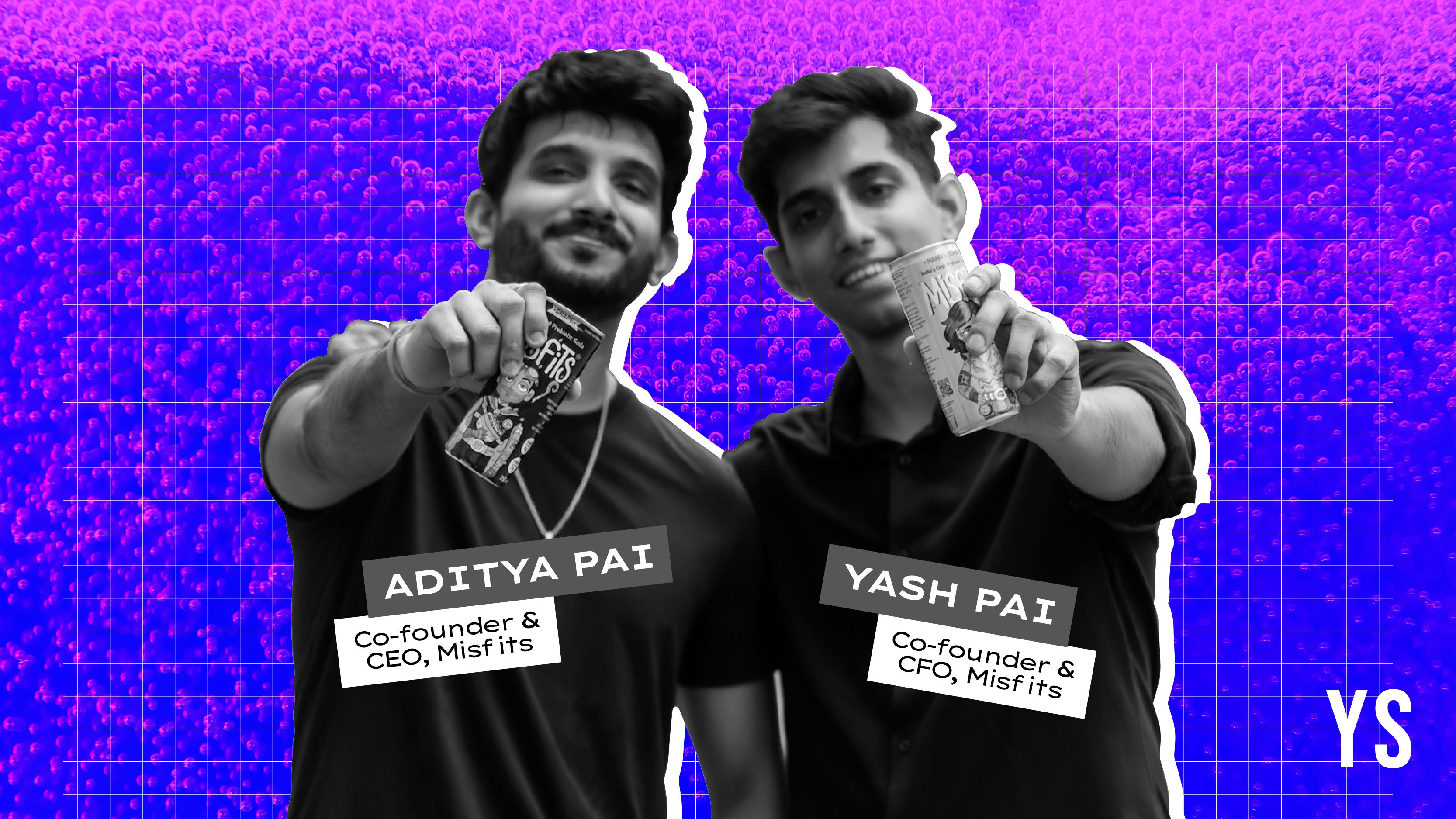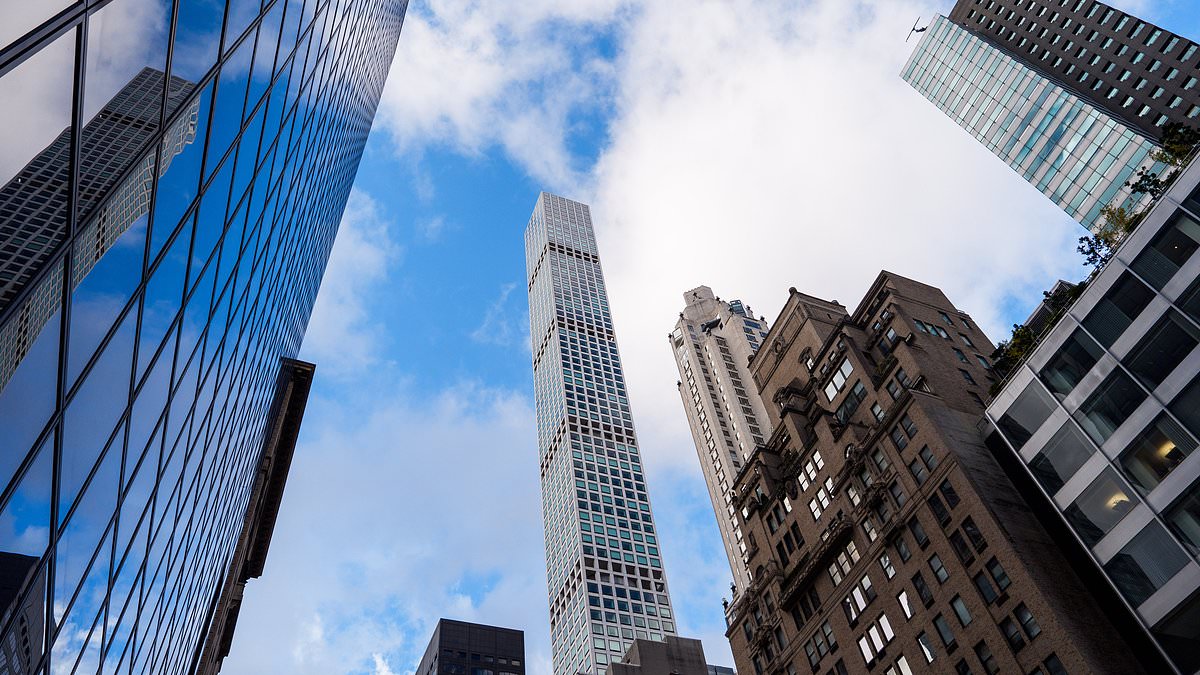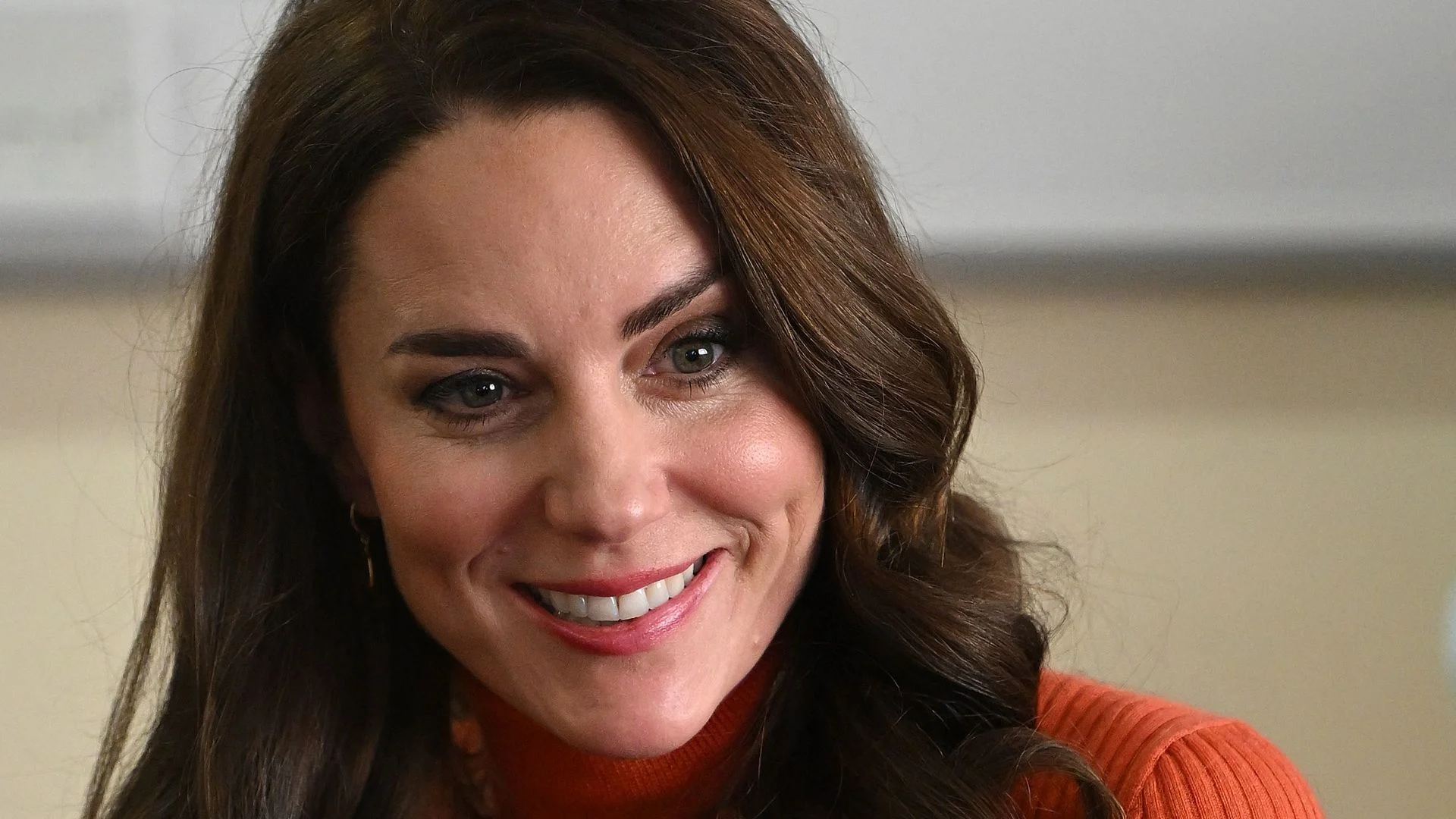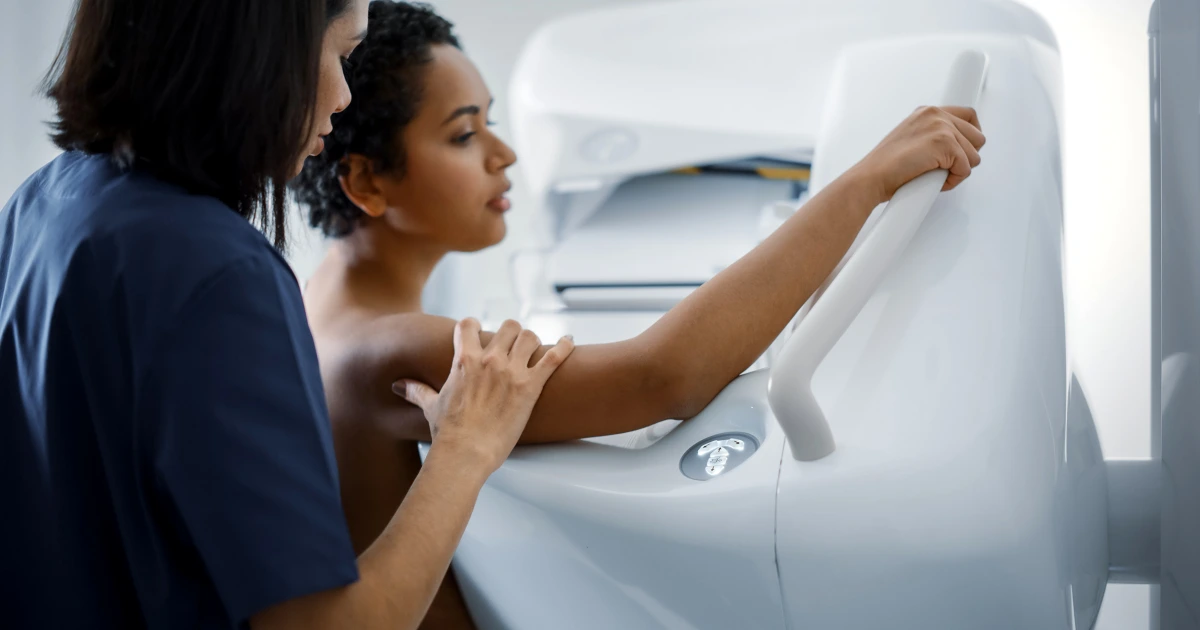Copyright yourstory

Long workdays. Endless screen time. A craving for something quick and comforting. It's a pattern many of us know all too well—and one that ultra-processed foods are designed to fill. For Aditya Pai, it became a daily cycle. As a product designer at Samsung in Bangalore, he would unwind with junk food and sugary sodas while binge-watching shows. Within six months, the habit had led to a weight gain of 12 kg and a diagnosis of non-alcoholic fatty liver disease during a routine test. Determined to turn things around, Aditya began eating healthier and exercising regularly. But one weakness remained: soda. A search for healthier options revealed none were found in India. "Most sodas were loaded with sugar, preservatives, and artificial flavours. Healthier sodas existed abroad, but importing them was costly and impractical," he says. His diagnosis not only forced a lifestyle reset but also exposed a larger issue. According to the 2024 Global Food Policy Report by the International Food Policy Research Institute (IFPRI), rising consumption of ultra-processed and sugar-sweetened foods is contributing to diet-related noncommunicable diseases such as obesity, Type 2 diabetes, and cardiovascular conditions worldwide. Healthier food options may be gaining ground in India, but the market for healthier fizzy drinks still falls flat. Few products manage to deliver on all three counts: taste, refreshment, and functional benefits. Confirming this gap through conversations with friends and family, Aditya and his brother Yash launched Misfits in 2024 as a prebiotic soda that could be both fun and healthy. Instead of sticking to predictable cola, apple, lemon, or orange, they debuted with two distinctive flavours. Grape Soda was inspired by an episode of The Office, while Mango Chilli was designed for the Indian palate by pairing Alphonso mango with a kick of spice. Both drinks are made with plant-based ingredients, balancing bold taste with gut-friendly benefits. “The name Misfits comes from the idea that we don’t quite fit into the typical soda aisle. We want to stand out as rebels building something different,” Aditya tells YourStory. Guilt-free refreshments At the core of Misfits is a minimal-ingredient philosophy: carbonated water, chicory root inulin for prebiotic fibre, and sweeteners. Each 250 ml can of Misfits contains 4 gm of natural sugar, plus 7 gm of prebiotic fibre to support gut health. Compared to the 25–30 gm of sugar in a regular soda, Misfits is low-calorie, contains no preservatives or colours, and is entirely plant-based–designed to support gut health. Beyond health and flavour, the brand wants to take the guilt out of drinking soda. Priced between Rs 75-100 for packs of six and nine cans, Misfits sells through its website, Amazon India, and via Swiggy Instamart in select cities. Transparency is at the heart of Misfits. The brand has published lab tests of its sodas on its website, something no other soda brand in India currently does. “Consumers want to know if nutrition labels are true, and they connect more with brands that are transparent and not making claims out of thin air,” Yash says. “We truly believe consumers must know at all times what they are consuming,” Aditya adds. That commitment meant spending a year perfecting the formula with food scientists and NABL-certified labs. The challenge was to strike the right balance of taste, mouthfeel, gut health benefits, carbonation, and shelf life, complying with FSSAI standards. Sample testing played a key role in the process: the sweetener blend, for instance, was refined to achieve the right taste profile without an artificial aftertaste. The brothers took a grassroots approach to feedback, personally offering samples at gyms, colleges, and hotspots across Mumbai and Thane, and gathering first-time reactions to the product. Today, with its primary facility in Mumbai, Misfits relies on contract manufacturing and bottling partners for production. Funding and road ahead India’s soft drink industry is valued at around Rs 30,000 crore, with the Carbonated Soft Drinks (CSD) segment historically growing at 13–14% annually and is expected to expand by over 10% in 2025, according to Systematix Institutional Equities. Misfits aims to capture this user base by targeting consumers aged 18–25 years and health-conscious buyers ready to pay for better alternatives. The functional beverage startup recently raised an undisclosed seed round led by Nu Ventures, along with Turiya Advisory Services' managing partner Bijoy Daga, seasoned angel investor Subba Rao Telidevara and veteran investment banker Robert Pancras. “We initially expected to raise around Rs 10 lakh, but ended up securing significantly more after investors sampled some unreleased new flavours we brought to the meeting - and loved them,” Aditya says. The startup plans to use these funds to scale production and expand distribution through an omnichannel strategy that integrates Q-commerce, premium retail, and experiential touchpoints. Q-commerce, in particular, is expected to fuel trial and impulse purchases among digitally savvy consumers in Tier I cities, helping the brand build awareness quickly. “We are already in 100+ supermarkets in Mumbai, focusing on Grade A and A+ outlets that align with our positioning, and we are now preparing to expand to other metro markets like Bengaluru, Gurugram, and Pune,” Aditya says. With month-on-month growth of around 45% and a projected CAGR of 200–250%, Misfits is eyeing a pan-India presence. The brand also plans to expand its 10-member team while scaling online through quick commerce and Amazon, alongside offline retail. The company’s R&D focus will be on building a strong pipeline of innovative flavours. “Variety is really important for us. It's not just about one flavour people might like, but giving enough options so everyone can find something they enjoy," Aditya says. Misfits competes with emerging functional drink brands like Atmosphere Kombucha, Raw Pressery, and Beyond Water, and globally with PepsiCo’s prebiotic soda, but stands out as a homegrown Indian brand. It has chosen to avoid conventional health-product aesthetics: “We wanted to avoid typical health brand visuals with pastel colours, fruits, and vegetables,” Aditya says. Positioned as a “Misfit”, the brand uses characters on cans to make them memorable and collectable. “We wanted cans that could be kept as souvenirs rather than thrown away, serving as discovery tools,” Yash says.



